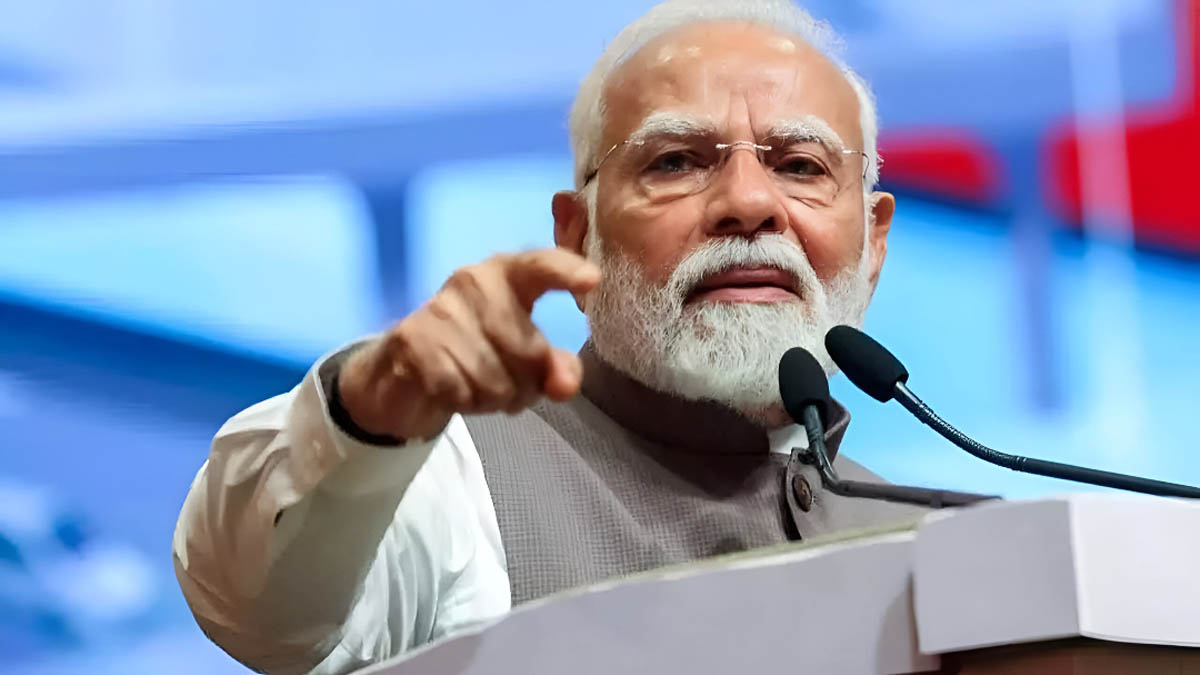Now Reading: Seeman Backs Kamal Haasan: “He Spoke the Truth, People are Ignorant of Their History”
-
01
Seeman Backs Kamal Haasan: “He Spoke the Truth, People are Ignorant of Their History”
Seeman Backs Kamal Haasan: “He Spoke the Truth, People are Ignorant of Their History”

In a significant show of solidarity, Naam Tamilar Katchi (NTK) chief Seeman has come out strongly in defense of actor-politician Kamal Haasan, endorsing Haasan’s recent controversial remarks regarding historical inaccuracies and public ignorance. Seeman’s statement, delivered amidst a backdrop of escalating political discourse, emphasized that Haasan merely “spoke the truth” and highlighted what he perceives as a widespread lack of historical awareness among the populace.
Kamal Haasan, known for his outspoken nature and willingness to challenge conventional narratives, recently stirred a hornet’s nest with comments that questioned certain established historical understandings, particularly those pertaining to South Indian history and figures. While the specific remarks that drew criticism have varied in reporting, they broadly touched upon reinterpretations of historical events or personalities, prompting immediate backlash from various political and cultural groups who accused him of distorting history or disrespecting revered figures.
However, Seeman, a prominent voice in Tamil Nadu politics and a strong proponent of Tamil nationalism, has chosen to stand with Haasan, framing the controversy as a symptom of deeper societal issues. “Kamal Haasan did not fabricate anything; he simply articulated facts that many are uncomfortable confronting,” Seeman asserted. “The problem is not with what he said, but with the pervasive ignorance of our own history among the people. We celebrate what we are told, often without critical examination or deeper understanding of the origins and complexities.”
Seeman’s defense goes beyond mere political alliance, delving into what he views as a fundamental flaw in historical education and public discourse. He elaborated, “For too long, our history has been presented in a simplified, sometimes even distorted, manner. When someone attempts to peel back these layers and reveal a more nuanced or perhaps less flattering truth, there’s an immediate outcry. This reaction stems from a lack of genuine engagement with our past, a preference for comforting myths over challenging realities.”
The NTK leader’s comments also implicitly criticize the prevailing political climate, suggesting that any deviation from officially sanctioned historical narratives is met with condemnation rather than constructive debate. “If we are truly a democratic society that values truth and inquiry, then we must be able to discuss and dissect our history, even if it makes us uncomfortable,” Seeman argued. “Silencing voices that raise pertinent questions only perpetuates ignorance.”
This endorsement from Seeman adds another layer to the ongoing debate surrounding historical interpretations in India, a topic that frequently ignites passionate arguments across the political spectrum. It also highlights the growing convergence of certain political ideologies on issues of cultural identity and historical revisionism. While Haasan’s Makkal Needhi Maiam (MNM) and Seeman’s Naam Tamilar Katchi (NTK) operate on different political planks, their shared emphasis on Tamil identity and their willingness to challenge established narratives have often found common ground.
The controversy surrounding Kamal Haasan’s remarks, now amplified by Seeman’s robust defense, is likely to continue dominating headlines and fuel further discussions on the nature of history, truth, and public perception in Tamil Nadu and beyond. Seeman’s declaration serves as a potent reminder that in the complex tapestry of Indian politics, historical narratives are not merely academic discussions but deeply intertwined with contemporary identity, pride, and power dynamics. As the dust settles on this latest debate, one thing remains clear: the conversation about who writes history, and how it is interpreted, is far from over.










